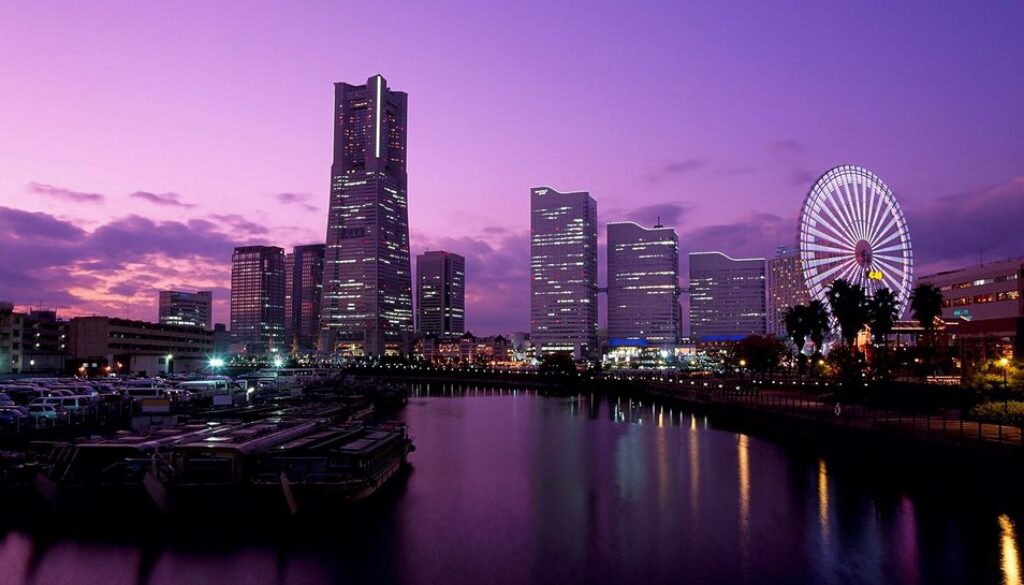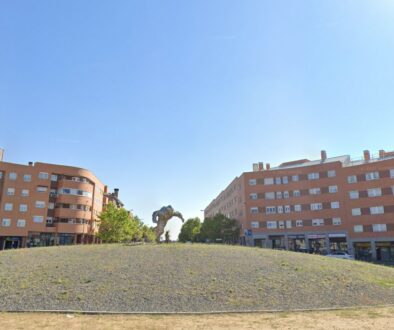Moving and Expatriates: Living and working in Japan, useful information and tips for moving to Japan
Living and working in Japan, the land of the rising sun
Japan is an island country located in eastern Asia, in the Pacific Ocean. It is an archipelago of 6852 islands. Tokyo, located on the island of Honshūis the nation's capital and the largest metropolitan area in the world, with more than 30 million residents.
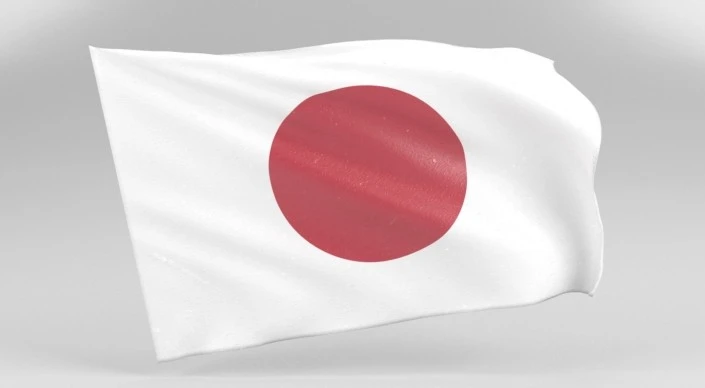
It is one of the world's major economic powers, with the world's third largest economy. ranking of world GDP, led by the US and China.
The economy in Japan
Good proof of its economic potential are its modern armed forces, which have the fifth largest military budget in the world. It is also a member of the world's most important organisations, being a member of the UNG8, the G8, the G4, and the APEC. It is also a member of the Association of Southeast Asian Nations (ASEAN) along with China, Australia, New Zealand and South Korea, which signed the Regional Comprehensive Economic Partnership (RCEP) forming the world's largest trading bloc in a market covering 2 billion people and aiming to eliminate 90 % of import tariffs within two decades to provide the necessary boost and rapid recovery for businesses that have been affected by Covid-19.
Banking, insurance, retail, transport and telecommunications are the main sectors and the ones that expect the best results. opportunities for expatriates. It is also an industrial giant with major producers of vehicles, electronic equipment, machinery and tools, steel and metals, chemicals, as well as shipbuilding, textiles, foodstuffs and other industries.

Working in Japan
With regard to job placement in Japan, it is important to highlight the the need to be properly informed on Japanese law, as the laws are very restrictive with regard to immigrants and the possibility of access to certain paid jobs. This is subject to a classification of labour rights depending on the category of the expatriate: permanent residents, with a Japanese spouse or spouse of a permanent resident, permanent residents, as well as teachers, artists, journalists, investors, businessmen, entrepreneurs, lawyers, doctors, and other qualified professionals, are allowed to work without limitations.
On the other hand, expatriates with residency status Foreigners with this status who are engaged in cultural activities, or with the status of short-stay, scholarship, study, training or homestay are not allowed to engage in paid employment in Japan. Foreign nationals with this status who wish to enter the labour market must first obtain permission from the Regional Immigration Control Directorate.
The best way to understand all the possibilities that the Japanese labour market offers is to consult the guide from Ministry of Health, Labour and Welfare that the Japanese government is available to foreigners who have an interest in emigrating to Japan. For general questions and content in English this link will be useful.
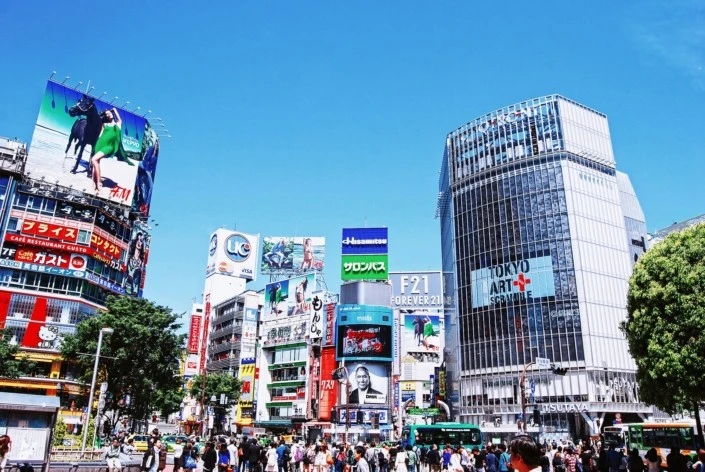
Visas for travel to Japan
There are several ways to travel to Japan types of visas The visa is issued for different purposes, depending on the specific purpose of your trip: to study or work, for a paid activity or internship, and depending on the marital status of the applicant, depending on whether one of the partners in the marriage is Japanese. Even if you are going into the field of engineering, or the field of art, among many other varieties, you may be issued a specialised visa. This great heterogeneity is a major bureaucratic hurdle, as if you decide to change jobs during your stay you will most likely need to apply for a new visa.
Visas usually have a life span of between one and three years, although they are extendable within the validity period of the visa. To obtain a permanent residence pass or naturalisation, you must have lived in Japan for at least 5 consecutive years. However, dual citizenship is not allowed in Japan.
Another option is a type of single visaThe expatriate visa, which is requested for a period of 1 year and allows you to combine work with studies or an extended holiday. The application requirements are very limited: applicants must be between 18 and 30 years old and stay in the country for approximately 12 months. If you think this might fit what you are looking for, the Japanese Ministry of Foreign Affairs The European Commission is promoting a holiday work programme and there is an association specialised in this type of emigration: the Japan Association for Working Holiday Makers.
Quality of life and housing
In terms of quality of life, the Japanese archipelago has some of the highest quality of life in the world. social indicators that maintain very palatable figuresJapan is one of the countries with lower homicide rate. Life expectancy is quite high, at 81.9 for men and 87.26 for women, and it is also reportedly a country with one of the lowest infant mortality rates. Tokyo, Tokohama y Kobe are among the 50 cities with the highest quality of life.
For renting a flatDue to the distrustful nature of Japanese society, the most common procedure is to go through a real estate agency. Interestingly, language barriers between a Japanese and a Western expatriate are one of the reasons why landlords are reluctant to rent to foreigners, because of the difficulty in communicating. In these cases, English will not be of much help, as it is not a common language in Japan, unlike in most parts of the world.
When renting a flat, it is important to be aware of the "peculiarities" that are contemplated in the leasing contractsa signal is given (tetsukekin) prior to signing the contract to assure the landlord that you have a real interest in the property, although it will be returned to you at a later date. The agencies are specialised in managing contracts for foreigners, these are the ones Gaijn Real Estate. Renting a flat A furnished apartment in the expensive area of the city of about 90 m² can cost approximately ¥223,433 (yuan), which is equivalent to €1,774.77, but if you rent it in the suburbs or in another normal area or in the suburbs, the price will drop considerably.
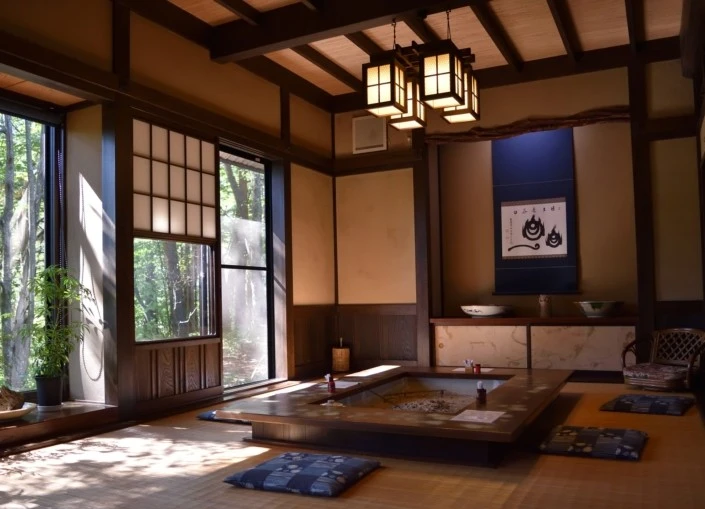
It is also common to be housed under the formula of the Gaijin HouseA house shared with other foreigners, where for the rent of one room you have access to the rest of the shared areas. The price ranges from 40,000 to 100,000 euros. yuan. Although a priori may seem like a very suitable option, it is important to bear in mind that some Gaijin House are very strict and do not admit people with night jobs and also prohibit visits by friends and/or partners.
Some curiosities about Japan
- The characters that make up the name of Japan mean "the origin of the sun", which is why the country is also known as the Land of the Rising Sun.
- A single political party, the Japanese Liberal Party, ruled Japan for 54 years until 2009. Now the Democratic Party governs.
- 86% of Japanese people practise Buddhism o Shinto. The Shinto is a religion native to Japan in which nature spirits are worshipped.
- Many Asians have reticence Japan because of the memory of the invasions of Korea, China and part of Southeast Asia, in which crimes such as the Nanjing Massacre in China.
- It is not possible to enter the Onsen (thermal baths) if tattoos are worn to prevent the entry of members of the Japanese mafia. Yakuza.
- In Japanese the term "Chin-Chin". refers to the name of the male sexual organ.
If you've fallen in love with Japan and want to know all about it, don't miss out on our podcast of Expatriates.
Gil Stauffer has been moving lives from continent to continent for 110 years. If you're going to take the final step and you're going to move from Madrid to Japan or anywhere in Spain!Request a quote for your international removals with the best professionals!
- If you want more information on how much your move can cost, you can read this post about information and prices for international removals.
- If you are relocating for professional reasons you can read our tips for moving to another country for work.
- In this other article you can read our recommendations and tips for happiness abroad.


